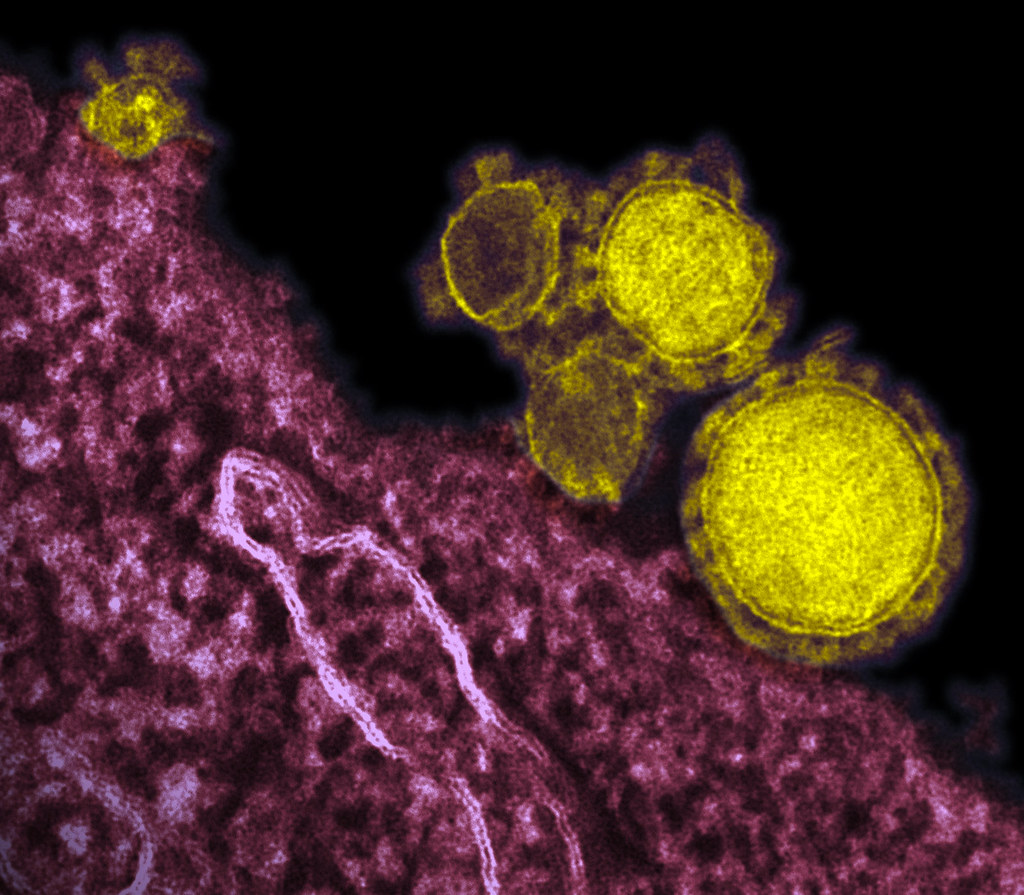As new strains of the SARS-CoV-2 virus have emerged in the UK, South Africa, and, most recently, in Japan, it is easy to worry about what this means for all of us, from changes to the ease of transmission to the efficacy of current vaccines. But how do these variations come about in the first place?
All viruses mutate over time, though the rate at which a virus mutates will vary.
The only way for a virus to reproduce is through host cells. Viruses attach themselves to the surface proteins of a cell membrane, then inject their genetic material (which is either DNA or RNA) into the cell. A mutation is a change in a virus’s genome, which is the set of instructions that are required for the virus to function. All viruses mutate over time, though the rate at which a virus mutates will vary.
Covid-19 is an RNA virus, and therefore mutates rapidly, faster than DNA viruses, because it multiplies very quickly. The quicker a virus multiplies, the faster its natural mutations will arise. As Covid-19 has passed from person to person, it has been mutating at a very slow pace. One such Covid-19 variant was reported by UK health officials on December 14. It is formally known as B.1.1.7. The method by which Covid-19 B.1.1.7 mutated is unclear, though scientists are looking into whether or not the mutation emerged in a patient with a weaker immune system, giving the virus time to evolve.
The UK Covid-19 variant appears to have accumulated a slew of mutations that caused 17 amino acid changes in the virus’ proteins. 8 of these changes affected a crucial spike protein, which the virus uses to attack human cells. Among these, there are three changes of particular concern.
One change, 69-70del, is a deletion that was found in Cambridge, UK, which leads to the loss of two amino acids in the spike protein. This deletion alone was found to make the virus twice as infectious as that containing the two amino acids.
The second change, N501Y, a mutation found in the Fred Hutchinson Cancer Research Centre, affects how tightly the spike protein binds to the entry point into human cells. This particular mutation was also discovered by researchers in South Africa, which investigated rapid outbreaks in three coastal provinces.
The third change, P681H, alters the site where the spike protein must be cleaved to enter human cells, a change which may allow it to spread more easily.
Scientists believe that these three changes are why the UK variant appears to be more infectious, though there is not any evidence that the new variant can evade masks and social distancing.
However, whilst it appears that the new variant may be able to spread more quickly, scientists also note that there is little reason to believe that they lead to more severe diseases. Viruses rarely mutate into deadlier strains, though of course increased infectiousness leads to more cases and higher death tolls without the actual strain being any more deadly.
Vaccines and natural infections appear to lead to a broad immune response, which would target many parts of the virus. For example, viruses like measles and polio are never able to evade the vaccines which target them.
Early research shows that the Covid-19 vaccine from Pfizer and BioNTech appears to protect against N501Y, the mutation which controls how tightly the spike protein can bind to the entry point in humans. Vaccinated individuals develop antibodies which are able to work against viruses with the N501Y mutation.
However, the mutation found in Covid-19 variants in South Africa, Brazil, and Japan appear to affect the spike protein which binds to human cells, as well as evading recognition by the immune system. This particular variation highlights the importance of vaccinations; it is necessary that populations be vaccinated sooner rather than later, and that as many people as possible be vaccinated as soon as we can. Vaccinating will naturally prevent Covid-19 related deaths and illnesses, but will also reduce the opportunities for Covid-19 to mutate and evolve new strains which may be more dangerous to us all.






